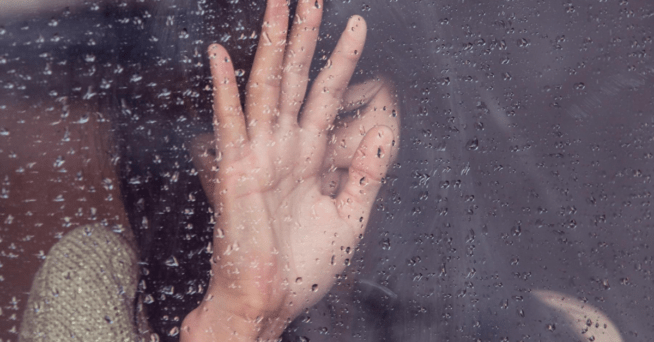The calls that change our lives always come in the darkest hours of the early morning. Mine came at 3 a.m., in my dorm room. “Your mom died,” my dad said, panic in his voice. “Get on a plane home, and I’ll meet you at the airport.”
I had just talked to my mom earlier. What was happening? I did as I was told and boarded a plane, numb and confused.
But my dad wasn’t waiting for me at the airport when I landed. Instead it was my Uncle Mike, waiting with the kind of news that leaves you gasping for air.
“Your dad is gone, too,” he said. The words fell to the floor like sharp hail falling from the sky.
I found out later that my parents had been harboring a dark secret that ultimately killed them, a secret that I’ve taken on the burden of owning now that that they’re gone. They were addicted to opioids.
The Lies of Omission
Overdose is a dirty word. For years, I lied about how my parents passed away. I would tell people my mom died of respiratory failure and my dad’s heart failed. While technically true, it was still a lie of omission. Slowly, my story became closer to the truth, but I was quick to point out that they were addicted to prescription pills prescribed by a doctor, which somehow validated it. It wasn’t their fault. It wasn’t their choice. They battled chronic pain. I needed to justify their death as a result of their circumstances, not wrong decision-making.
It wasn’t until I started working as a reporter for ESPN that I realized these lies made me feel like I was a fraud. My job was to find truth in athletes’ stories and learn about how their personal lives shaped who they are on the field. I thought of the confetti that falls on the field after a big win, each colorful piece a different story I was reporting. And yet, I couldn’t tell the truth about my own story.
The Lies That We Are Unworthy
We are trapped by our secrets.
I remember being home for Thanksgiving and my dad had a bad reaction to medication. I later learned it was actually a fentanyl overdose. As he was lying in the hospital bed, my mom asked him why he overdosed. He said, “You’d be better off without me.”
No one should live with those feelings of despair. While everyone’s path to addiction might look different, the results are the same. It’s a disease, an enemy that steals from us the most precious pieces of who we are and those we love.
The Lie That Addiction Doesn’t Impact Everyone
My parents have been gone for 17 years. They were wonderful, smart, loving, supportive parents. I grew up in a happy home. Before this happened, I thought a person struggling with addiction was the stereotype of a homeless man on the streets – not my parents.
Today, I have a deeper understanding of what opioid addiction is. It doesn’t discriminate. Recent data shows 128 people die each day from opioid overdoses – people who come from all walks of life. If you include their loved ones, that means even more people are affected by opioid addiction.
Although my parents’ addiction has impacted me greatly, there have been silver linings in the trauma that have shaped me into who I am. It has given me a different lens. My parents’ death ignited a power and a gratitude toward life that some people don’t have. I’ve been given an opportunity to have an impact on other people’s lives – and that is where I’ve found purpose.
The Truth About Taking Action
COVID-19 has brought new urgency to solving the opioid crisis. People are more isolated than ever, causing substance use and relapse to increase. The irony is that since the pandemic hit, we have more access to technology and communication tools, yet people remain afraid to speak up.
I believe people want to have conversations, but they are scared of how they’re going to be judged. We have to join forces and march in this together. Today, August 31, is International Overdose Awareness Day. It’s time to turn some of the lies that society teaches us – and the lies we tell ourselves – into truths:
- It’s okay to speak openly about addiction without shame
- It’s time to understand that addiction impacts all walks of life
- It’s okay to share your story to help reduce the stigma
- It’s time to believe you’re worthy and help others understand their worth
Finally, it’s important we all learn how to reverse an opioid overdose by using Narcan. Watch this 6-minute video that could save a life.
We’re so much more than the secrets we hold onto and the lies we tell ourselves. I take myself back to where my parents were: alone, afraid, isolated, trapped, feeling unworthy. I can’t bring my parents back. But I’m doing everything I can to make a change.

Lauren Sisler is a sports reporter for ESPN, covering college football and gymnastics. She also serves as a motivational speaker and mentor for those impacted by addiction. She is partnering with American Addiction Centers on their #ReverseAnOverdose campaign. If you or someone you know is struggling with addiction, help is available.
Image courtesy of Milada Vigerova.












